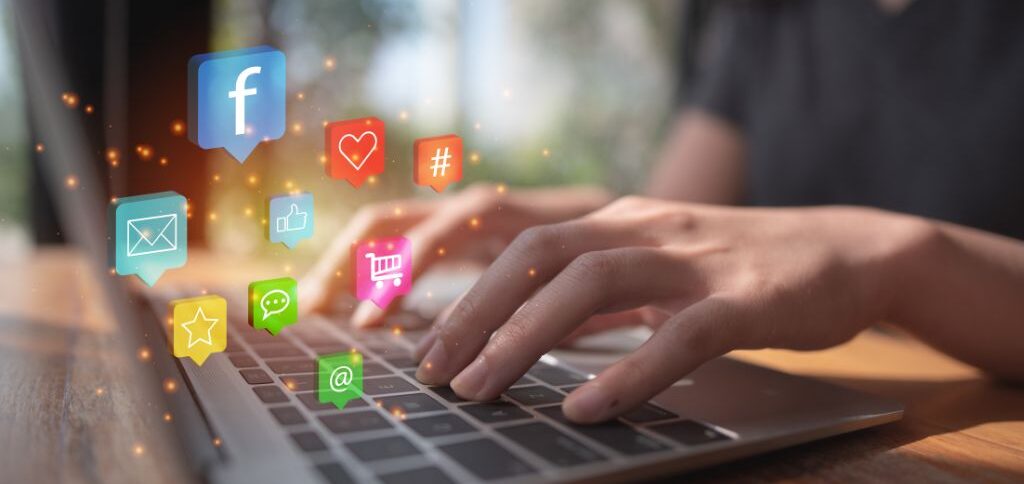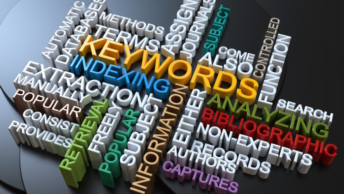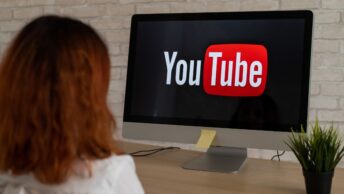Top 10 Advantages and Disadvantages of Social media in 2023
Social media has become an integral part of our lives, transforming the way we communicate, access information, and interact with the world. As we enter 2023, it is essential to analyze the top 10 advantages and disadvantages of social media, considering its impact on individuals, society, and various fields. While social media offers numerous benefits, it also poses significant challenges that need to be addressed and managed effectively.
Advantages of Social Media
- Enhanced Connectivity and Communication: Social media platforms enable individuals to connect with friends, family, and colleagues across geographical distances. It allows for real-time communication, fostering a sense of community and reducing feelings of isolation. For example, platforms like Facebook and WhatsApp facilitate instant messaging, video calls, and group chats, ensuring constant and convenient connectivity.
- Information Sharing and Access: Social media provides a vast repository of information on diverse topics. Users can access news, articles, research papers, and educational resources with ease. This democratization of information empowers individuals to stay updated, learn new skills, and broaden their horizons. For instance, Twitter serves as a platform for real-time news updates, while YouTube offers a plethora of educational videos.
- Business and Economic Opportunities: Social media has revolutionized the way businesses operate, offering cost-effective marketing and advertising platforms. Companies can reach a global audience, promote their products or services, and engage with customers directly. E-commerce platforms like Instagram and Pinterest allow businesses to showcase their products visually and attract potential customers. This creates economic opportunities for entrepreneurs and fuels economic growth.
- Promotion of Social Causes and Activism: Social media has emerged as a powerful tool for promoting social causes and activism. It enables individuals and organizations to raise awareness, mobilize support, and drive change on various issues such as climate change, human rights, and social justice. For example, the #MeToo movement gained significant momentum through social media, leading to widespread discussions and policy changes.
- Cultural Exchange and Global Understanding: Social media promotes cultural exchange and fosters global understanding by connecting people from different backgrounds. It allows individuals to share their traditions, customs, and experiences, promoting diversity and breaking down stereotypes. Platforms like Instagram and TikTok provide a space for cultural expression, enabling users to appreciate and understand different cultures.
- Educational Collaboration and Networking: Social media platforms facilitate collaboration and networking among students, educators, and researchers. It allows them to share ideas, collaborate on projects, and seek guidance from experts worldwide. For instance, platforms like LinkedIn offer professional networking opportunities, connecting individuals with potential mentors, job opportunities, and industry insights.
- Creativity and Self-expression: Social media platforms serve as creative outlets for individuals to express themselves through art, photography, writing, and other forms of self-expression. It provides a platform for showcasing talents, receiving feedback, and connecting with like-minded individuals. Websites such as DeviantArt and Behance enable artists to share their work and gain recognition.
- Political Engagement and Civic Participation: Social media has transformed political engagement, allowing citizens to voice their opinions, participate in discussions, and hold governments accountable. It provides a platform for political campaigns, mobilizing voters, and organizing protests. The Arab Spring movement in 2011 demonstrated the power of social media in driving political change and demanding government transparency.
- Real-time Crisis Communication: In times of crises such as natural disasters or emergencies, social media platforms play a crucial role in disseminating information quickly and efficiently. Government agencies, NGOs, and individuals can share updates, offer assistance, and coordinate relief efforts. This real-time communication helps save lives and ensures effective crisis management.
- Personal and Professional Growth: Social media offers opportunities for personal and professional growth through online courses, webinars, and networking. It allows individuals to acquire new skills, engage in continuous learning, and advance their careers. Platforms like Udemy and Coursera provide access to a wide range of online courses, enabling individuals to upskill and stay competitive in the job market.
Disadvantages of Social Media
- Privacy and Data Security Concerns: Social media platforms often collect and store vast amounts of personal data, raising concerns about privacy and data security. Instances of data breaches and unauthorized access have raised questions about the safety of user information. For example, the Cambridge Analytica scandal in 2018 highlighted how personal data from Facebook was misused for political purposes.
- Cyberbullying and Online Harassment: Social media platforms have become breeding grounds for cyberbullying and online harassment. Individuals can face verbal abuse, threats, and humiliation, leading to severe psychological and emotional distress. The anonymity furnished by social media can embolden people to have interaction in harmful conduct. Platforms must implement robust mechanisms to curb cyberbullying and protect users.
- Spread of Misinformation and Fake News: Social media platforms have been criticized for their role in the spread of misinformation and fake news. Viral posts and clickbait headlines can mislead users, shaping public opinion and influencing elections. The dissemination of false information can have serious consequences, undermining trust in institutions and exacerbating societal divisions.
- Addiction and Mental Health Issues: Excessive use of social media can lead to addiction and have a detrimental impact on mental health. Constant exposure to curated content, comparison with others, and the fear of missing out (FOMO) can contribute to anxiety, depression, and low self-esteem. It is crucial for individuals to strike a balance and practice digital wellness to mitigate these risks.
- Loss of Authenticity and Privacy: Social media often encourages individuals to present an idealized version of themselves, leading to a loss of authenticity. The pressure to conform to societal standards and gain validation can be overwhelming. Additionally, the blurring of personal and professional boundaries on platforms like LinkedIn can compromise privacy and create ethical dilemmas.
- Online Radicalization and Extremism: Social media can be exploited by extremist groups to spread propaganda, recruit members, and incite violence. Platforms must be vigilant in monitoring and removing extremist content to prevent the radicalization of vulnerable individuals. The Christchurch mosque shootings in 2019 demonstrated the role of social media in amplifying hate speech and violent ideologies.
- Digital Divide and Inequality: While social media has connected millions of people worldwide, it has also exacerbated the digital divide and inequality. Not everyone has access to stable internet connections or the necessary digital literacy skills to fully participate in the online world. This digital divide can perpetuate existing socio-economic disparities and marginalize certain communities.
- Loss of Productivity and Distraction: Social media can be a significant source of distraction, leading to a decline in productivity and focus. Constant notifications, scrolling through feeds, and engaging in online debates can consume valuable time and hinder work or study progress. Individuals must practice self-discipline and set boundaries to maintain productivity.
- Online Impersonation and Identity Theft: Social media platforms can be exploited for online impersonation and identity theft. Fake profiles and identity theft can lead to reputational damage, financial loss, and personal harm. Users should exercise caution while sharing personal information online and be vigilant for any signs of fraudulent activity.
- Filter Bubbles and Echo Chambers: Social media algorithms often personalize content based on user preferences, creating filter bubbles and echo chambers. Users are exposed to information and opinions that align with their existing beliefs, limiting exposure to diverse perspectives. This will support biases, avert crucial wondering, and make a contribution to societal polarization.
In conclusion, social media in 2023 continues to offer numerous advantages such as enhanced connectivity, information sharing, and business opportunities. It promotes cultural exchange, political engagement, and personal growth. However, it also poses significant challenges like privacy concerns, cyberbullying, and the spread of misinformation. Addressing these challenges requires a collective effort from social media platforms, users, and policymakers to ensure that the benefits of social media are maximized while mitigating its drawbacks.







